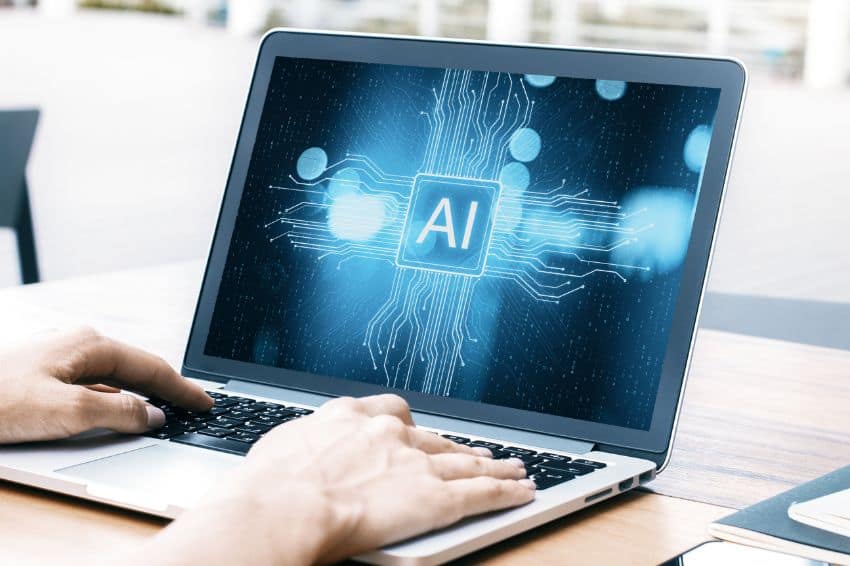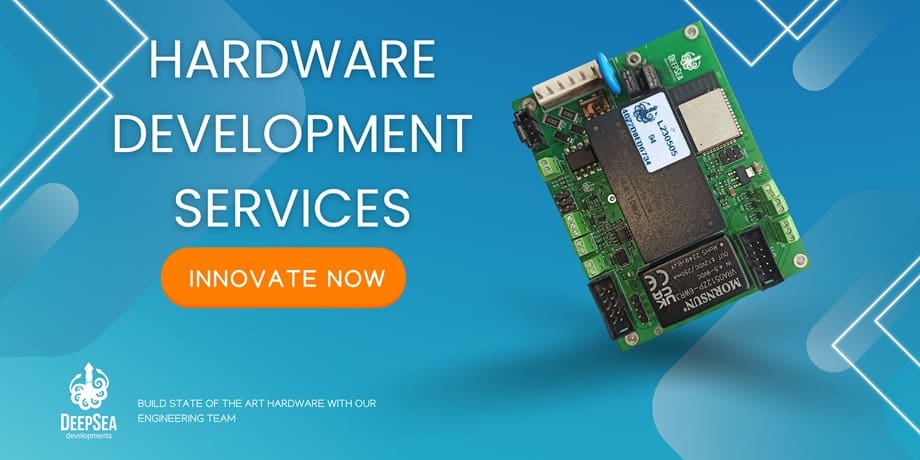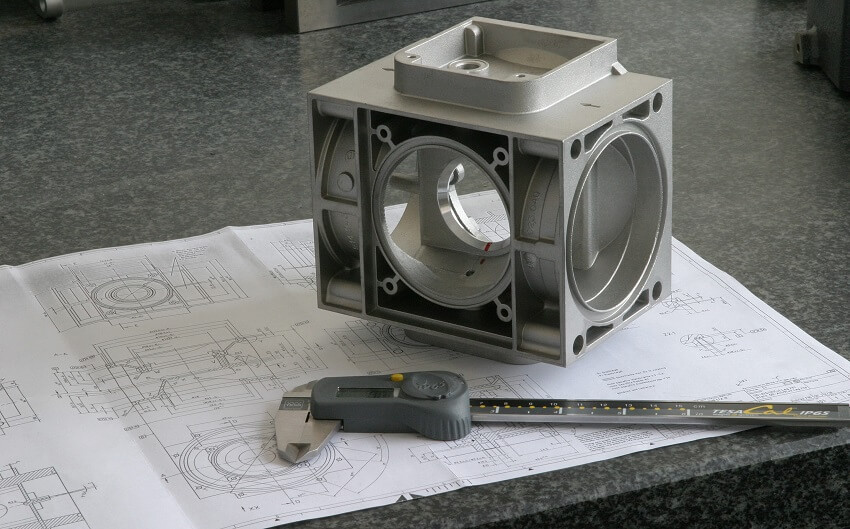With technology advancing at an unprecedented pace, and with an increasing growth of Internet of Things devices (why is IoT important), the hardware industry is poised for remarkable evolution in the coming years. From revolutionary advancements in processing power to transformative changes in design and functionality, the future of hardware holds immense promise in the realm of hardware development service. In this article, we’ll explore some of the key trends and innovations shaping the landscape of hardware technology.
Artificial Intelligence (AI) and Machine Learning
Years ago it was hard to think about AI and machine learning (ML), but now, these two are driving a paradigm shift in hardware design and functionality. From AI-powered chips and accelerators to specialized hardware for deep learning and neural network inference, the future of hardware will be increasingly imbued with intelligence.
These advances enable a wide range of applications, including autonomous cars, robotics (which can be used in several industries), natural language processing, advanced systems, and computer vision; this is especially beneficial for IoT automation applications.
Hardware developers will focus on optimizing performance, energy efficiency, and scalability to support the growing demand for AI and ML workloads in diverse computing environments.
Connecting the physical world through IoT devices
The Internet of Things (IoT) continues to expand its reach, connecting devices and systems in ways previously unimaginable. From smart homes and cities to industrial applications and healthcare, IoT devices are permeating every aspect of our lives.
The future of hardware will see the proliferation of top IoT sensors, actuators, and communication technologies, enabling seamless connectivity and data exchange across a diverse array of environments. As IoT ecosystems grow more complex, hardware developers will focus on enhancing interoperability, security, and energy efficiency to support the burgeoning demands of the IoT landscape.
Edge computing
As the volume of data generated by IoT devices and other connected systems continues to soar (see 5G and IoT), traditional cloud-based computing architectures face challenges related to latency, bandwidth, and privacy.
Edge computing emerges as a solution by bringing computational power closer to the data source, enabling real-time processing and analysis at the network edge. By distributing computing resources across a decentralized infrastructure, edge computing minimizes latency and bandwidth requirements while enhancing data privacy and security. The future of hardware will see the proliferation of edge devices and edge computing platforms, enabling more efficient and responsive applications across various industries.
Advanced materials and nanotechnology
Advancements in materials science and nanotechnology are poised to revolutionize hardware design and manufacturing. According to the National Nanotechnology Initiative, “Nanotechnology has greatly contributed to major advances in computing and electronics, leading to faster, smaller, and more portable systems”.
This translates into building more advanced transistors, more flexible electronics, and different and safer ways to fuse electronics in the assembly process.
In the future, hardware developers will leverage these materials to create ultra-fast processors, ultra-efficient energy storage devices, and ultra-sensitive sensors.
Quantum computing
One of the most groundbreaking developments in hardware technology is the rise of quantum computing. Unlike traditional binary computing, which relies on bits to represent data as either 0 or 1, quantum computing leverages quantum bits (qubits), allowing for exponential processing power and parallel computation.
Quantum computers have the potential to revolutionize fields such as cryptography, drug discovery, and complex simulations by solving problems that are currently intractable for classical computers.
Imagine all that could be done in areas such as healthcare, smart cities, industry (see industrial IoT applications), and the environment.
Future trends in hardware will influence the market
It would be interesting to see how the business models in IoT will be affected by these future trends in hardware (even hardware product management). Since new technologies may open the possibility of new services and products.
Even though you see several IoT devices examples that are being sold in the market, they may soon expose some “limitations” in their hardware; think of possible innovations these products could have thanks to AI and ML.
Another aspect that is pretty relevant in the future of hardware is IoT and cloud computing. By using this powerful combination, people can optimize the functionality of their IoT devices, allowing them to process data, transmit it faster and to store greater amounts of information with ease on the cloud.
Face recognition, augmented reality (AR) and virtual reality (VR) are also growing at a higher rate than expected. People are curious about virtual worlds, and how they can be merged with real life. So, think of the possible benefits of integrating augmented reality with your product or service.
With such advances in hardware, there needs to be an improvement in coding, that is, companies need to offer a higher level of firmware development service to ensure the devices will be protected from potential hackers, and thus, keep the information safe.






